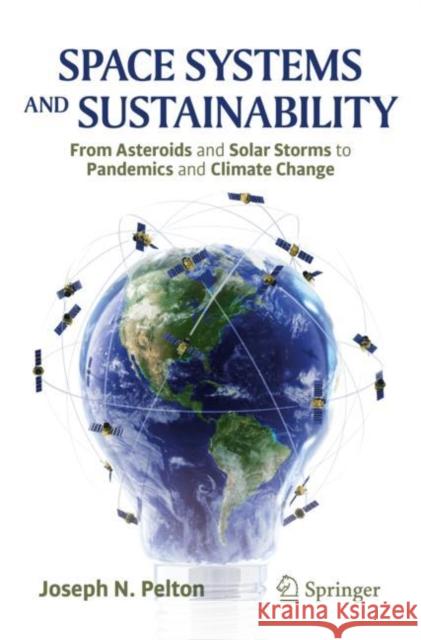Space Systems and Sustainability: From Asteroids and Solar Storms to Pandemics and Climate Change » książka
topmenu
Space Systems and Sustainability: From Asteroids and Solar Storms to Pandemics and Climate Change
ISBN-13: 9783030757342 / Angielski / Miękka / 2021 / 269 str.
Kategorie BISAC:
Wydawca:
Springer
Język:
Angielski
ISBN-13:
9783030757342
Rok wydania:
2021
Wydanie:
2021
Ilość stron:
269
Waga:
0.41 kg
Wymiary:
23.37 x 20.32 x 1.27
Oprawa:
Miękka
Wolumenów:
01











